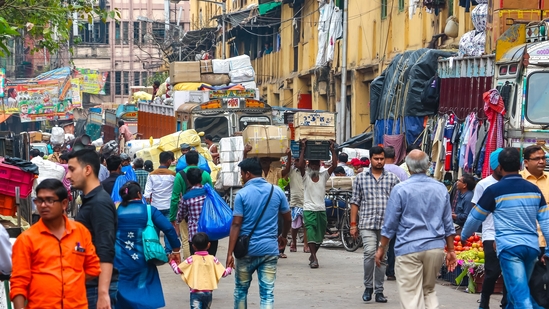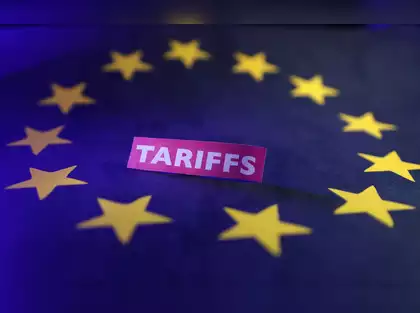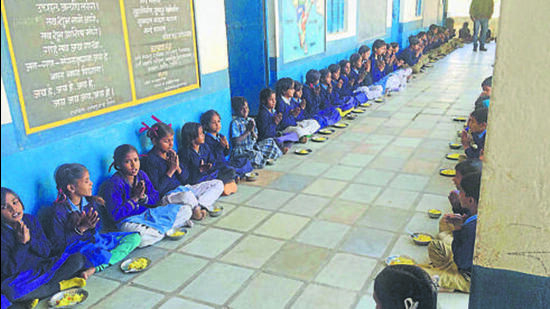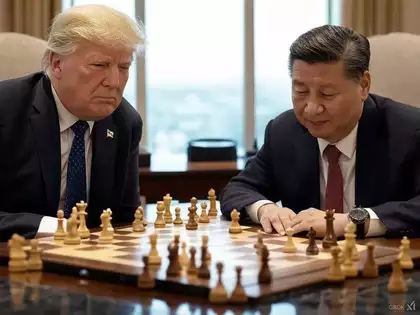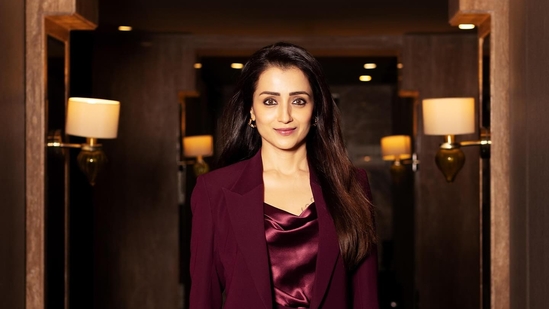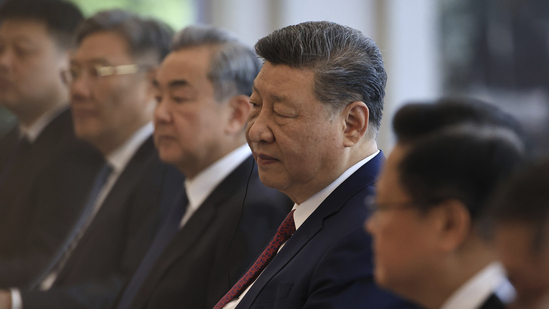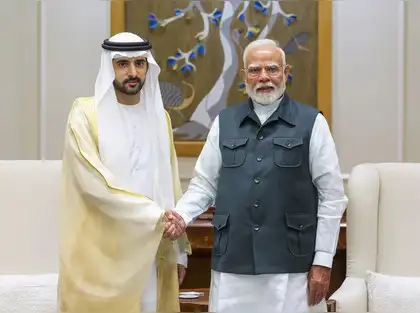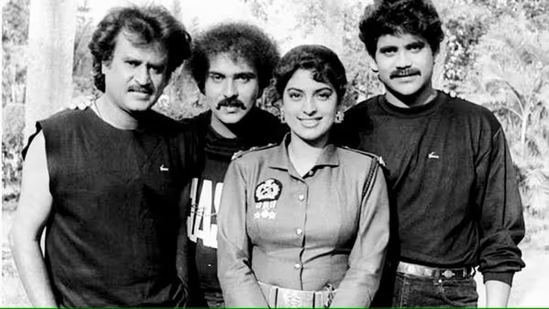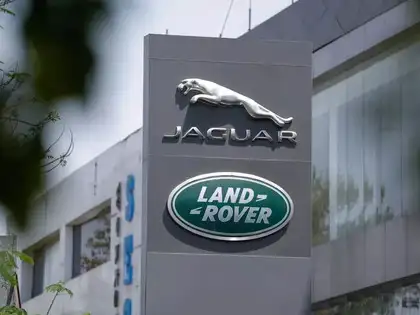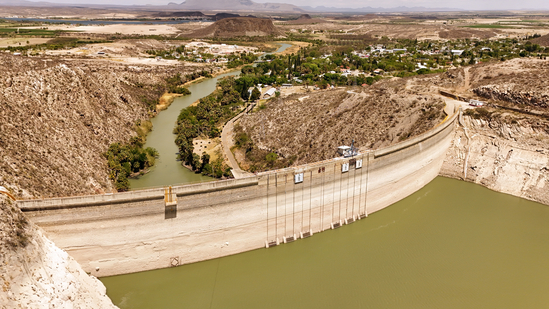India and the United Arab Emirates (UAE) are in a special time in their friendship, often called a “golden era.” Their relationship started with trade, especially in energy, but now it has grown into a strong partnership that focuses on many exciting areas like technology, sustainability, and space.
Recently, Sheikh Hamdan, the Crown Prince of Dubai, met with Indian Prime Minister Narendra Modi in New Delhi. This meeting showed that their friendship has moved beyond just formal talks to a more dynamic collaboration based on shared goals.
From Trade to Partnership
India and the UAE have a long history together, filled with friendship, culture, and trade. In the last few years, their laws have changed for the better, resulting in increased trade that now exceeds $85 billion. With new agreements in place, they aim to reach over $100 billion by 2030.
What started with oil and money transfers has grown to include areas like renewable energy, technology, defense, and tourism. India’s Foreign Minister, Dr. S. Jaishankar, even called this a time of new achievements in their relationship.
Working Together for Common Goals
India and the UAE complement each other well. The UAE is known for fast execution and turning ideas into reality, while India harnesses its huge talent pool to create innovative and scalable businesses. The partnership is driven by a two-way exchange of ideas, creating a powerful alliance for the future.
Focusing on Technology
While oil and trade have always been important, the future promises to be all about technology. Both countries are investing in advanced technologies like AI, fintech, and smart cities. With India’s tech growth and the UAE’s ambition to be a leader in digital innovation, they are set for exciting collaborations.
Cultural Connections
The friendship between India and the UAE isn’t just about money. Many Indians live in the UAE, and during the COVID-19 crisis, both nations worked together to support each other. The UAE is becoming known for promoting peace and understanding between different religions, like the recently opened BAPS Mandir in Abu Dhabi.
As the world watches, this partnership shows how countries can come together to create positive change that benefits everyone, inspiring entrepreneurs and creators to dream big and act globally.
